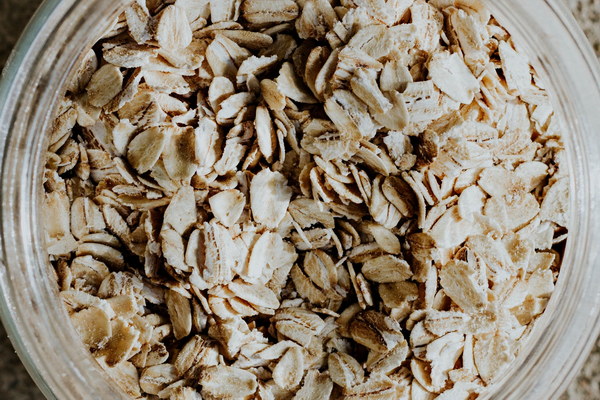Will Having a Pet Affect Your Lungs The Truth About Pet Hair and Respiratory Health
Living with pets can be a joyful experience, bringing companionship, comfort, and love into our homes. However, many people wonder about the impact of pet hair on their respiratory health. The question often arises: Will having a pet affect your lungs, and will you end up with pet hair in your lungs? Let's delve into the truth behind these concerns.
Understanding Pet Hair and Respiratory Health
Pet hair is a common allergen for many people. It can be found in the air, on furniture, and even in the most unlikely places, such as in your lungs. While it might seem concerning, having pet hair in your lungs is not a direct result of having a pet. Instead, it is more about the potential allergens and irritants that pet hair can carry.
Pet Dander: The Culprit
The real issue is not the hair itself, but the dander. Dander is a combination of dead skin cells, hair, feathers, and other materials that are shed by pets. These particles can be very small, often invisible to the naked eye, and they can easily become airborne.
For people with allergies or asthma, inhaling pet dander can trigger symptoms such as sneezing, runny nose, itchy eyes, and wheezing. In severe cases, it can lead to allergic reactions or exacerbate asthma symptoms.
The Risk of Developing Respiratory Issues
While having a pet does not guarantee that you will develop respiratory issues, it does increase your risk, especially if you are allergic to pets or have asthma. The American Lung Association suggests that individuals with respiratory conditions should consider the following:
1. Regularly grooming your pet to remove loose fur and dander.
2. Keeping pets out of the bedroom and off furniture to minimize exposure to dander.
3. Using air filters and HEPA vacuum cleaners to reduce dander in the home.
4. Allowing pets to be bathed regularly, which can help to remove dander from their coat.
5. Wearing a mask while cleaning areas where pets spend time, as dusting and vacuuming can release dander into the air.
Living with Pets and Respiratory Health
If you already have a pet and are concerned about your respiratory health, it's important to work with your healthcare provider to manage your symptoms. Some strategies may include:
- Allergy shots or medication to reduce allergic reactions.
- Asthma management, including using inhalers and avoiding allergens.

- Regular check-ups with a healthcare provider to monitor your respiratory health.
Conclusion
In conclusion, having a pet does not necessarily mean you will end up with hair in your lungs, but it can increase your exposure to allergens that can affect your respiratory health. By taking proactive steps to minimize dander exposure and managing any allergies or asthma, you can enjoy the benefits of pet ownership while keeping your lungs healthy. Remember, the key is to find a balance that works for you and your furry friend.









